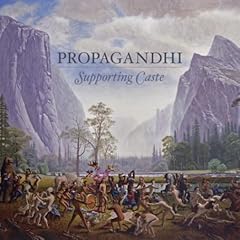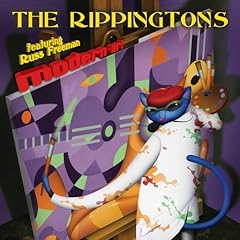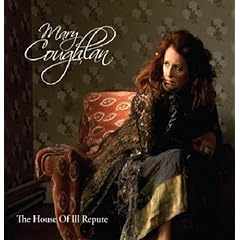Following on from Fergal Sharkey's intervention last week, the UK Music organisation has issued a statement coming out, unsurprisingly, in favour of PRS:
Great music attracts an audience.
This has always been true, and it is true now, more so than ever. Internet start-ups have quickly learned that they can build huge user-numbers by offering access to our members’ music.
Creativity is the lifeblood of the digital economy.
Such popularity is also proof of music’s huge intrinsic value. Without this high quality raw material - generated by the endeavours and creativity of our songwriters, composers, artists and musicians and all those who invest in them - sites such as YouTube would be somewhat less compelling.
However, whether online or offline, demands that our creative talent should subsidise someone else’s business model is as unreasonable as it is inappropriate.
Licensing embryonic start-ups has brought significant challenges to all creative businesses. There still are challenges - for both sides - although they can and will be overcome. A huge diversity of licensed digital music services are already active in the UK, and as an industry we remain committed to growing the future of our business.
Google, however, qualifies as neither embryonic nor a start-up. In 2008 alone, the internet search giant recorded profits of over £3bn.
By comparison, PRS for Music is a not-for-profit organisation, run by its members for its members.
In this light, it is difficult but to interpret Google’s actions this week as anything other than cynical and exploitative.
Such unheralded and counter-productive negotiation tactics are not only detrimental to music fans, but also to the UK’s songwriters and composers.
Interestingly, UK Music find no space to mention in the course of this that PRS is actually a member organisation, and so it's not offering a disinterested viewpoint but a partial one. Perhaps they just believe that their organisation is so well known it goes without saying that everyone
knows they're talking about one of the groups that subscribes to them.
Or, perhaps, they thought that with so much credulity-straining tucked into the statement, people's synapses would be twanged into uselessness before they were able to process the information.
Take, for example, the claim that "without music videos, YouTube would be somewhat less compelling." Given that YouTube found a massive audience for a dog having an epileptic fit and a panda sneezing, the music industry might want to ponder for a moment whether music videos are quite as crucial to YouTube as they seem to believe. Can't see an Avril Lavigne clip? Never mind, here's Alan Sugar firing an Apprentice, or someone making stuff explode.
And then there's the whole obsession with if YouTube is a start-up or not. Does the royalty rate really depend on if the service is x number of months old? Shouldn't it be based on something a bit more tangible, like, say, the actual amount of cash coming in? If a start-up invented a music distribution platform that suddenly started generating billions of pounds in the first month, would the people at UK Music not demand more cash because the company was technically a start-up?
Which leads us, of course, to this bit:
Google, however, qualifies as neither embryonic nor a start-up. In 2008 alone, the internet search giant recorded profits of over £3bn.
And British songwriters deserve to share in the profits generated by a search-and-advertising business because... why, exactly? Do musicians deserve to get paid more cash by Sony because the PlayStation sells well?
The key question is how profitable is YouTube, not how profitable the parent company is. That UK Music chooses not to focus on
that figure suggests they're well aware that YouTube isn't guzzling down large profits right now, choosing instead to somehow suggest that the team who write James Blunt singles have a moral right to some of the cash Google makes by selling adverts around people searching for plumbers.
Still, contrast that nasty Google with the virtuous PRS:
By comparison, PRS for Music is a not-for-profit organisation, run by its members for its members.
And how much of its members money was spent on the utterly pointless and self-aggrandising "rebranding" of PRS into PRS For Music? Surely a move which did nothing for actual musicians, at their expense?
But apart from introducing irrelevant comparisons, information of dubious value and failing to declare its interests, good work all round from UK Music.



















